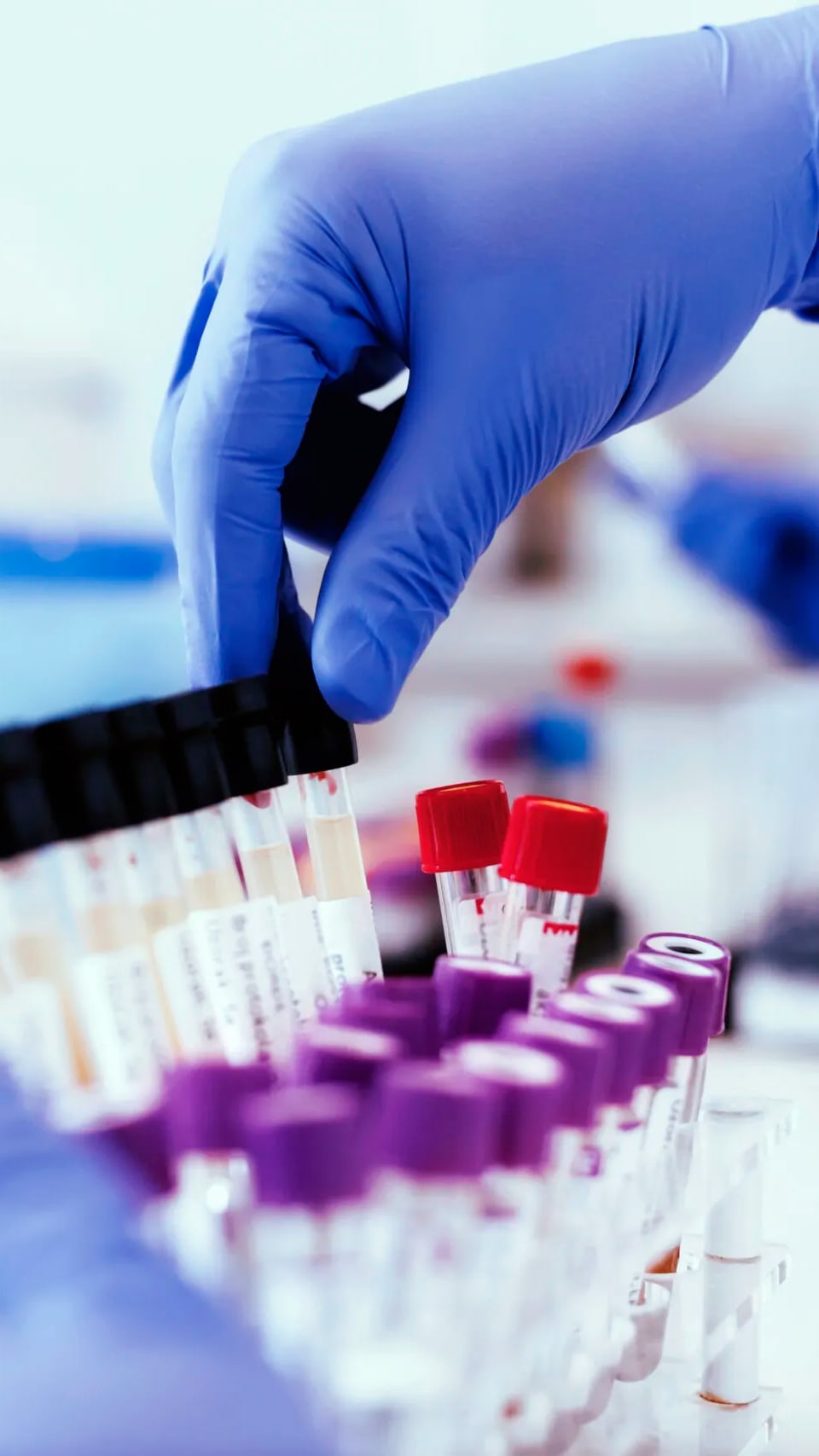
Combating doping during The Games
The fight against doping is a real team effort—one that lasts before, during and after the Games. All the Paris 2024 stakeholders help to ensure the integrity of competition and protect the health of the athletes.
Athletes, spectators, organisers, sponsors—everyone expects a fair competition. In addition to skewing the results, many forbidden substances and methods represent a health risk for the athletes. Anti-doping measures must protect the physical and mental health of the athletes while defending the values championed by sport and competition: ethics, perseverance and excelling.
A TRUE TEAM EFFORT
The Olympic and Paralympic Games put an anti-doping programme in place in the 1960s. Since then, the International Olympic Committee (IOC) and International Paralympic Committee (IPC) have set out the anti-doping rules for the Games in line with the World Anti-Doping Agency (WADA) Code.
In 2019, the IOC delegated responsibility for organising and managing anti-doping testing at the Olympic Games to a specialist independent authority: the International Testing Agency (ITA). The ITA is responsible for the anti-doping programme for the Olympic Games, while the IPC oversees this directly for the Paralympic Games.
Each time they are held, the Organising Committee oversees the operational aspects of anti-doping efforts for the Olympic and Paralympic Games. Under the responsibility of the IOC and IPC, Paris 2024 provides the funding, handles the planning and scheduling, and makes available the teams, equipment and infrastructures needed to enable the tests and analyses to be carried out. To perform these missions, Paris 2024 has chosen to work with the French anti-doping agency (AFLD), an independent public authority responsible for implementing actions to combat doping in France.
TEAMS AND INFRASTRUCTURE
For the Paris 2024 Games, more than 1,000 people will be involved in the various anti-doping stages. Around 800 will act as chaperones to notify athletes about their tests and accompany them throughout the process.
Each competition venue will have a dedicated anti-doping control space, where around 360 sample collection personnel will carry out anti-doping tests on the athletes and ensure their compliance. Identified with the help of the AFLD, these French and international personnel are all trained on anti-doping controls and many of them have already worked in this capacity for national anti-doping agencies. Paris 2024 wanted to further strengthen the capabilities available in France, hosting a training programme led by the ITA and AFLD to increase the number of sample collection professionals in the country. This is already a legacy for the Games to support the fight against doping in France.
Once the samples have been collected, Paris 2024 is responsible for transferring them to the laboratories in charge of their analysis. The only laboratory accredited by the World Anti-Doping Agency in France, the Laboratoire antidopage français (LADF), has been chosen to analyse the human samples, while the Laboratoire des courses hippiques (LCH), recognised by the International Federation for Equestrian Sports, will collect the equine samples.
To respond to the increase in the volume of analyses to be carried out over the brief period of the Olympic Games and Paralympic Games, the French anti-doping laboratory is tripling its teams with 120 people to be deployed. In terms of equipment, Thermo Fisher Scientific, an Official Supporter of the Paris 2024 Games, will supply the additional equipment required for storing the samples collected with the anti-doping controls, as well as the sample analysis instruments.
PREVENTION AND EDUCATION
Alongside the anti-doping control operations, Paris 2024 will provide the athletes with a range of educational materials. Each doping control station will feature posters and tools to share information on anti-doping regulations and rights. Paris 2024 is also building awareness of the fight against doping among all its volunteers through a dedicated module as part of their training.
Lastly, Paris 2024 is setting out its commitment to younger generations by sharing content with French educational staff through its Generation 2024 platform. The aim is to actively help develop a shared culture for clean sport.














